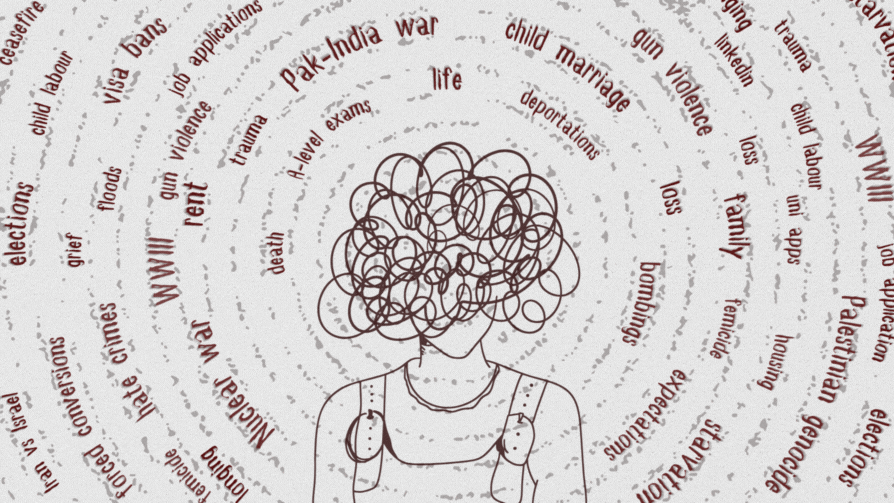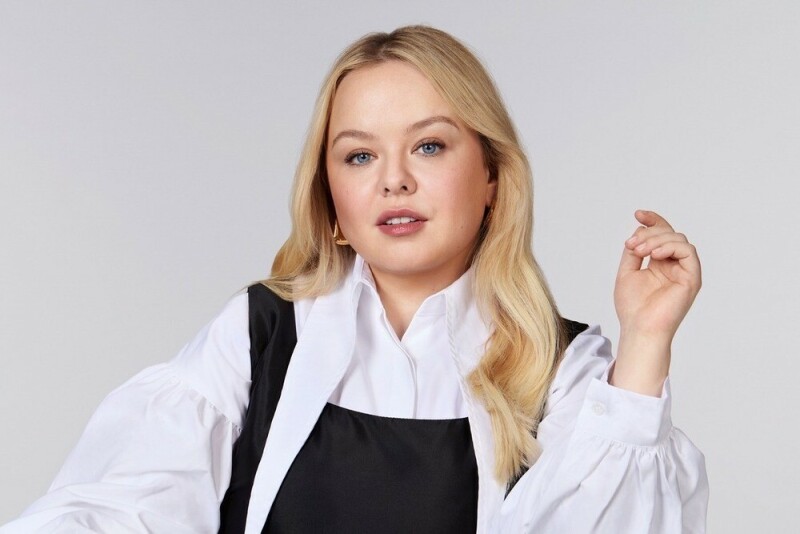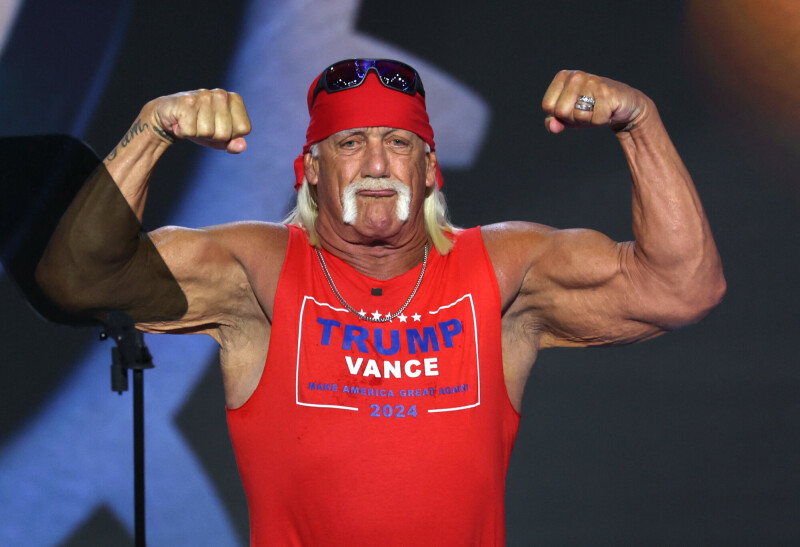Activist Jibran Nasir explains what it means to be an ‘ally’
The word ‘ally’ is a new addition to our vocabularies, said lawyer and activist Jibran Nasir on the second day of the Women of the World Festival 2023 in Karachi on Sunday. He explained what it means to be a feminist ally as a cisgender heterosexual man during his session titled “Being an Ally”.
In a conversation with high court advocate Palvasha Shahab, Nasir explained that being an ally is about “internalising certain values.” He pointed out far-right movements in the United States and Europe where anti-feminist sentiments are led by women. In this way, having values of equality and merit makes one an ally.
“If we have to judge someone, it must be based on capacities and capabilities, not gender,” Nasir asserted. He said most male lawyers commonly tell their male clients to attack the moral character of their wives in marriage-related court proceedings. “Why do courts allow this?” he asked.
Cognisant of the lack of support provided to women because of their gender, he acknowledged, “We have to facilitate women since they have fewer resources available to them.” There should be more representation of women and people across classes and minorities in all sectors of Pakistan, he said. “In the Supreme Court, we finally have one woman judge, in the high courts, we have two,” he stated.
Whenever Nasir is called to any discussion pertaining to women’s issues, his first instinct is to tell them to invite women lawyers and activists. He asked the audience to imagine if they were there to talk about indigenous rights and he was invited to speak when his parents moved to Pakistan after Partition. “Let people speak about their own issues,” he said, indicating the need to empower marginalised groups to talk about their own problems.
He also highlighted that the backlash he gets is based on his work, not his character. “No one has called me awara, badchalan or a homewrecker,” he said, pointing towards the frequent character assassination women activists and lawyers face from critics. It is vital for any ally to recognise their privilege, he said. “My privilege gives me room to work.”
Nasir emphasised the importance of intersectionality in social movements, saying, “The solution does not come ready-made, we need to make it tailor-made.” It is important to listen, engage and then come up with solutions that can be context-specific, he explained.
The lawyer concluded the discussion by underlining, “we need to be poor-friendly.” There is an “elite takeover” happening, he argued, and the only way it can be countered is by being “pro-labour, pro-poor and pro-worker”. By doing so, we can move towards a more equal and egalitarian world.












